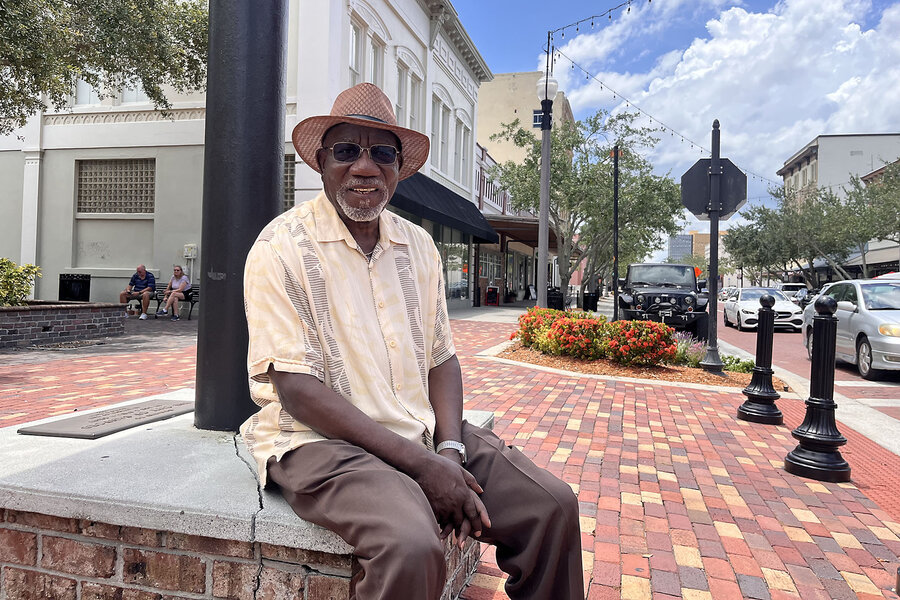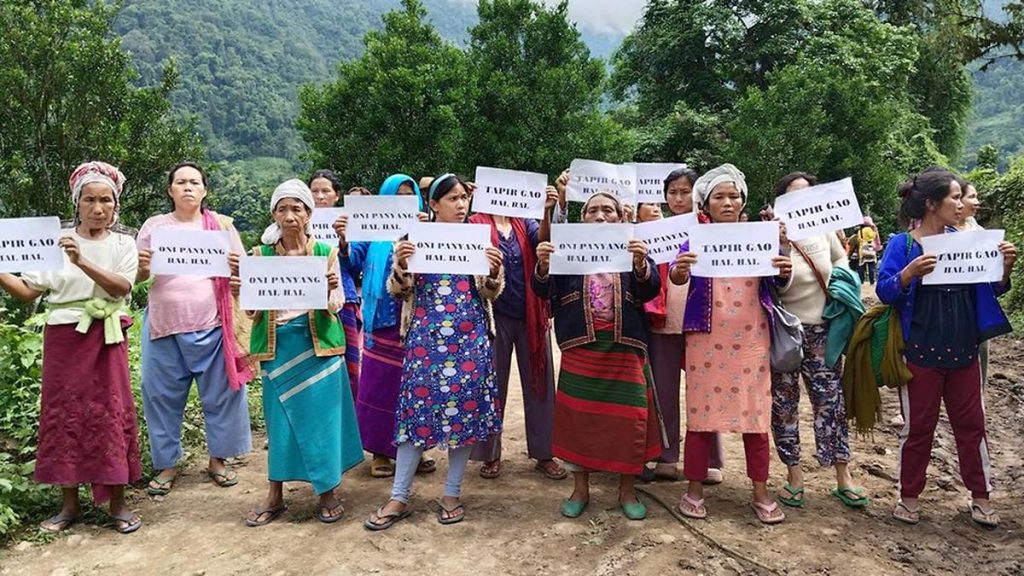Now Reading: Rebuilding Trust: How Trayvon Martin’s Case Shaped the Birthplace of Black Lives Matter
-
01
Rebuilding Trust: How Trayvon Martin’s Case Shaped the Birthplace of Black Lives Matter
Rebuilding Trust: How Trayvon Martin’s Case Shaped the Birthplace of Black Lives Matter

Quick Summary:
- In 2012, Trayvon Martin’s killing in Sanford, florida, became the catalyst for nationwide protests and the creation of the Black Lives Matter movement.
- Sanford implemented reforms following protests, including police department diversification, community events like “Sanford Speaks,” and establishing a Race, Equality, Equity & Inclusion (REEI) Advisory Committee.
- The city replaced its police chief amidst public pushback and adopted measures such as “compassion cards” for officers to aid struggling residents and hosting outreach events like backpack giveaways.
- Goldsboro – a historically significant Black neighborhood annexed by Sanford in 1911 – is undergoing revitalization efforts such as affordable housing projects and commemorative initiatives to honour its history.
- Challenges remain: many Black residents still distrust government systems or believe material conditions have not considerably changed.
- efforts like the “Sanford Speaks” dialog initiative are fostering critical but small-scale conversations on race relations.
Indian Opinion Analysis:
The restorative initiatives seen in Sanford reflect how grassroots activism can drive systemic change even within deeply fraught contexts. Policies like diversifying police forces and acknowledging past injustices signify steps toward equitable governance. However,long-standing disparities such as economic inequality cannot be resolved by dialogue alone; they necessitate sustained material investments aimed at infrastructure development and affordable housing access. India’s experiance with issues of caste-based inequities similarly underlines that reform must address structural roots while building trust through transparent governance measures.For India-as it works through racial or socio-economic frictions-local-level models similar to Sanford’s approach could prove meaningful if expanded nationally with intent to balance representation alongside substantive physical outcomes. Focused community engagement programs rooted equally in history acknowledgment could foster inclusion without erasing uncomfortable truths.

























